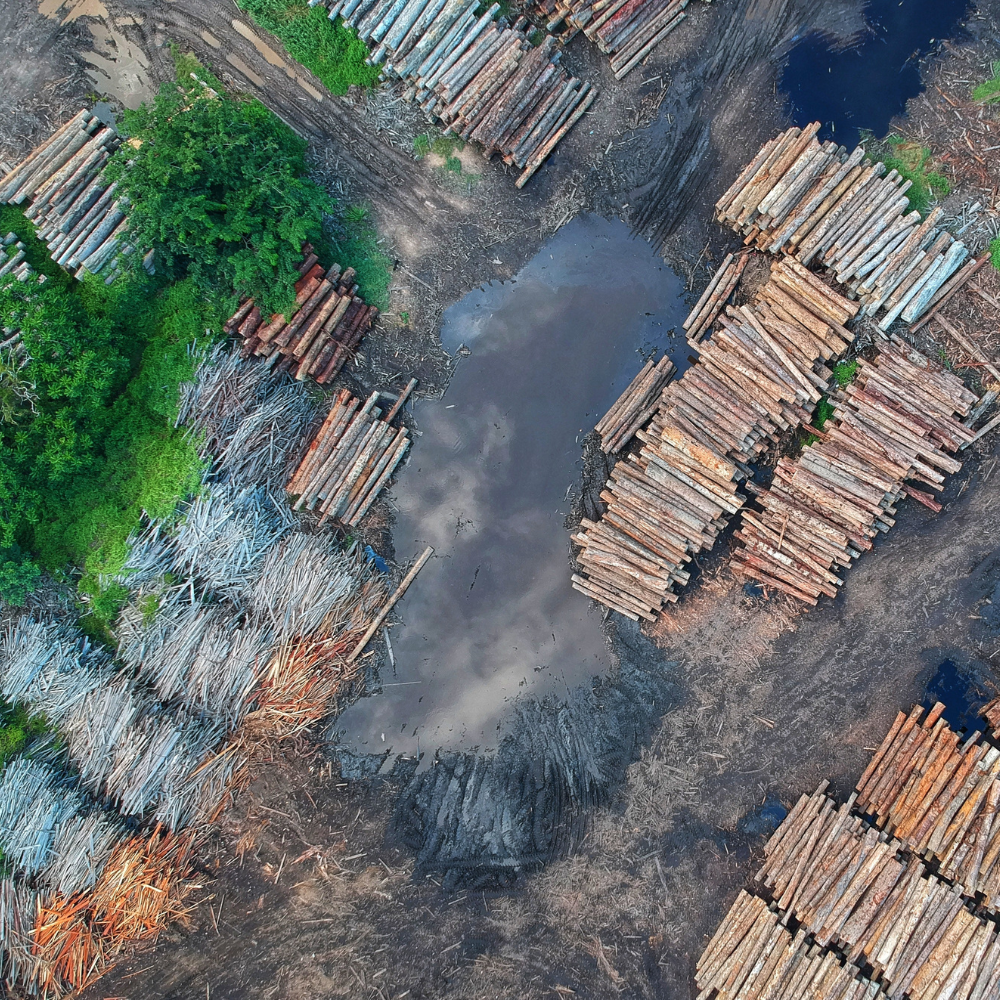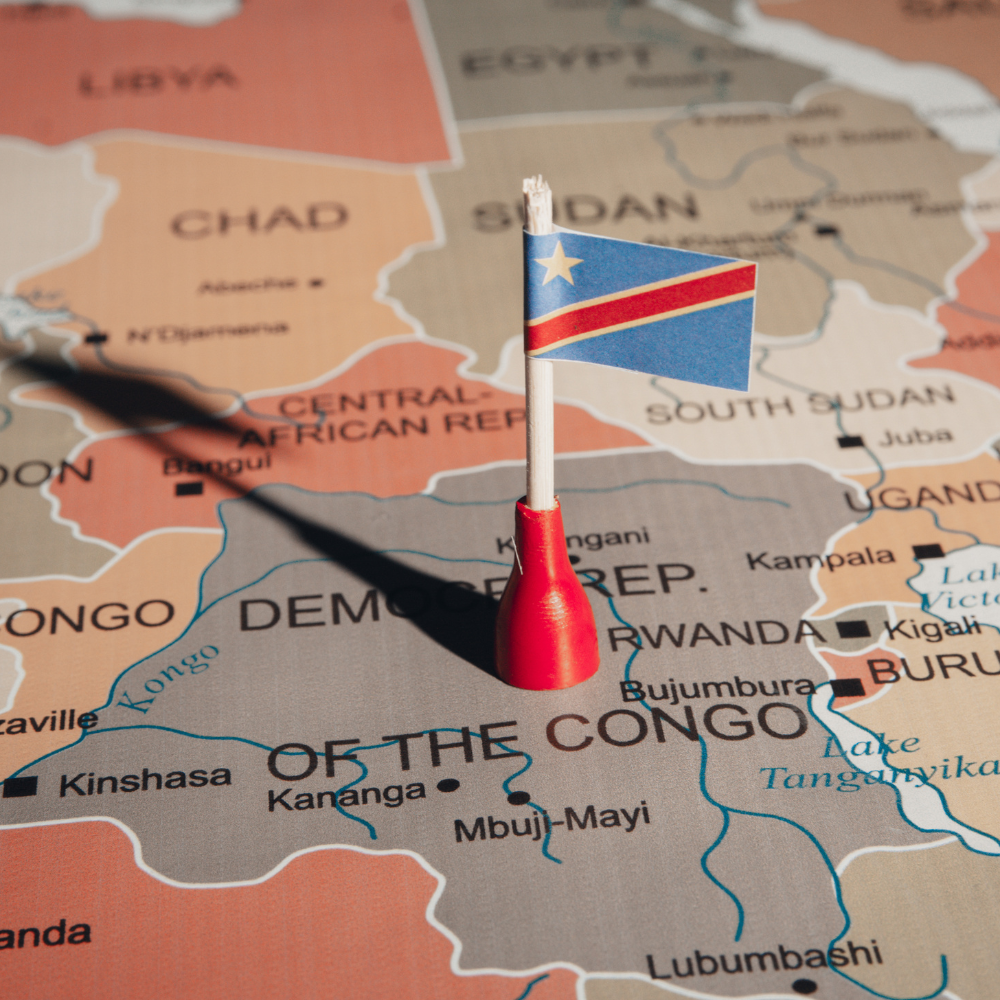Blood timber
How armed groups contribute to deforestation through illegal logging, and how local communities view this intervention

The world’s forests constitute one of the most important “public goods” and deforestation causes environmental degradation that can have lasting humanitarian consequences for livelihoods, health and disaster-risk reduction. Often rooted in socioeconomic hardship, deforestation takes many forms and is a major concern in many conflict-affected and post-conflict countries. This study focuses on illegal logging by investigating whether armed groups finance their military operations through it, thereby creating more significant environmental damage. In order to facilitate an optimal conservation policy, the research also aims to use fieldwork to understand the view of local communities on illegal logging.
WESTERN AFRICA





